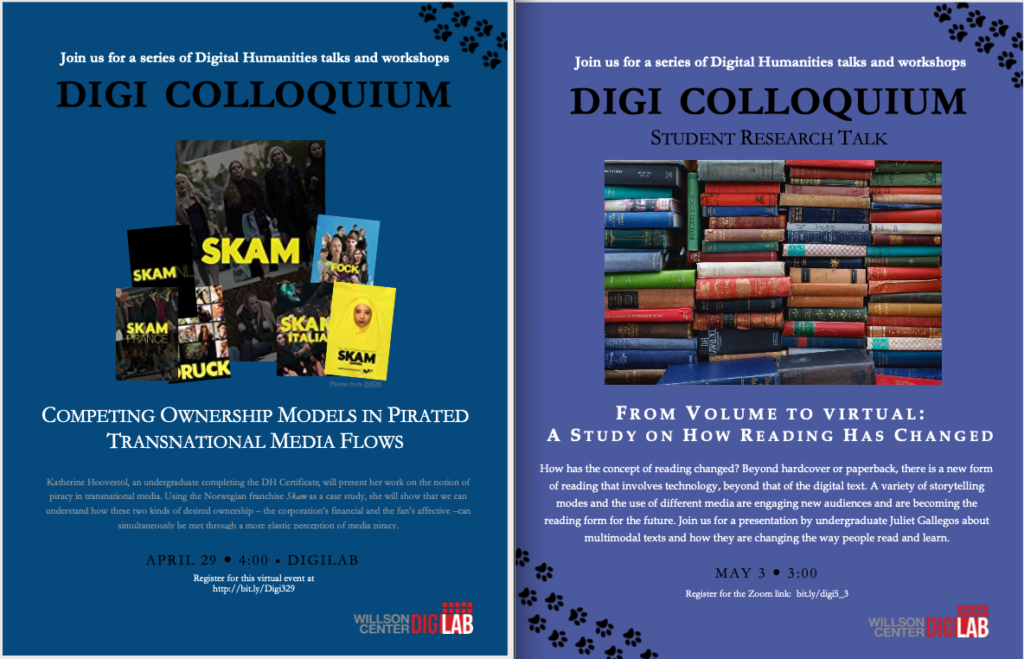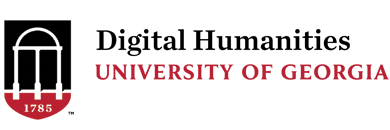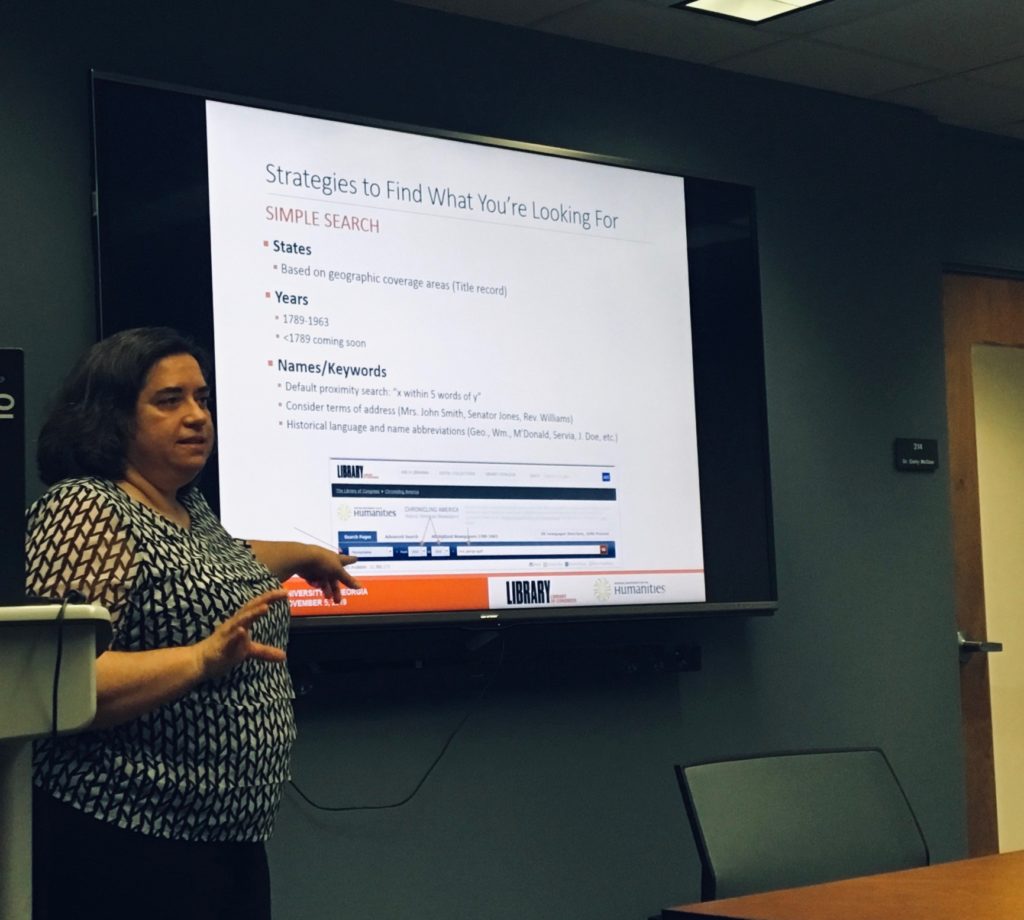DH Undergrad Certificate students present their final projects

Katherine Hoovestol and Juliet Gallegos completed the DH Undergraduate Certificate this semester and each presented their final projects which investigated their own research topics using DH tools and methods.
Katherine’s work centers on a central case study from her undergraduate thesis on Skam, a Norwegian teen drama. For her directed study in DH she worked on developing part of that thesis into her presentation on notions of piracy and ownership in “Exporting Shame: Competing Ownership Models in Transnational Media Flows.” This May she will graduate with degrees in Entertainment & Media Studies and German, and will begin her Master’s degree in media studies at the University of Texas at Austin in the fall. She will be presenting this same project at the 2021 Digital Humanities Summer Institute in June.
Juliet Gallegos’ research focuses on a central concept of digital reading, the multimodal text, “From Volume to Virtual: A Study on how Reading has Changed.” Her work explores notions of engagement and the receptions of multimodal reading. This May she will graduate with a degree in English and a minor in Business, and will begin working for N3, a technology sales and consulting firm, in Atlanta as a business development representative in July.
Congratulations to them both and we’re looking forward to their bright futures!
Check out their full presentations:
- Exporting Shame: Competing Ownership Models in Transnational Media Flows – Katherine Hoovestol
- From Volume to Virtual: A Study on how Reading has Changed – Juliet Gallegos


